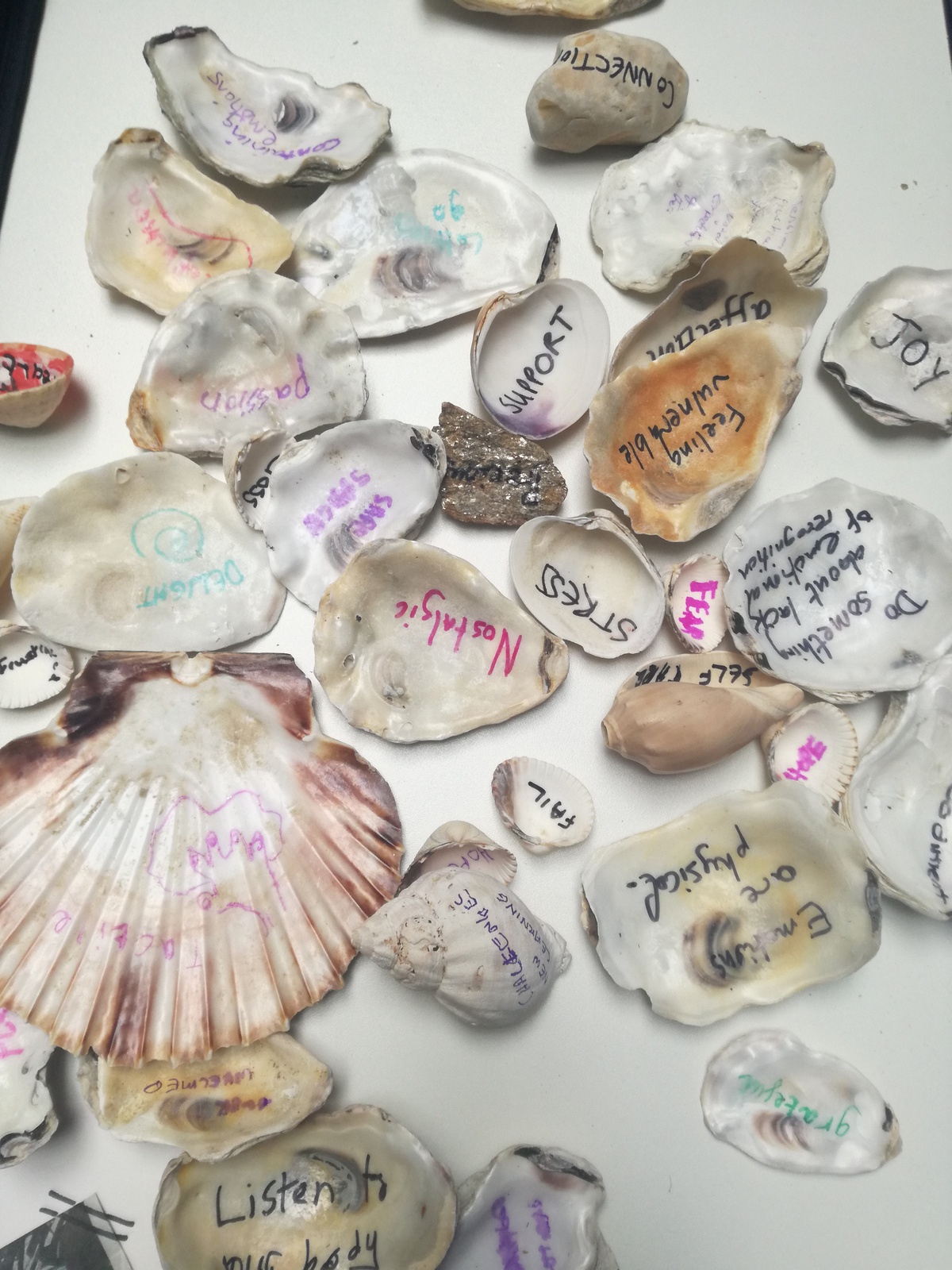Reflexivity and positionality
Many research methods publications emphasise the importance of reflexivity, and there is an increasing demand to include a positionality statement in publications in academic journals and in the methodology sections of reports and theses. Unfortunately, there is often no clear guidance on what reflexivity and positionality are. The two concepts can best be explained as follows:
Reflexivity is a second-order questioning and challenging of one's own thoughts and beliefs. As such, reflexivity is a process that we engage in throughout our research from conception through to dissemination.
Positionality, by contrast, is our understanding of ourselves, of who we are and what we bring to our research. The positionality statement in publications, then, is a summary of that understanding of ourselves to highlight how our very being may have shaped our work.
It is important to recognise that the two concepts are interdependent and flexible:
Identity theorists tell us very clearly that identities are not fixed, not singular and not permanent. As we live through our lives inventing and reinventing ourselves and as we have life-changing experiences, our beliefs and biases develop and change. Consequently, our outlook on our work is affected and the statement around who we are needs to be revalued.

Of course, the purpose, aim and context of research generally, but also the positionality statement specifically, has a bearing on which aspects of ourselves are shared. A researcher may have a very clear idea of where they come from in terms of disciplinary affiliation or education and how they would like to develop their research. However, as they start challenging their own thoughts and beliefs, they may change their views and pursue different avenues. It is not uncommon for positivist or post-positivist researchers to engage in interpretive projects, or for qualitative researchers to pursue quantitative methods.
What may seem irreconcilable, initially, is, in effect, the outcome of a reflexive process that has led to a new understanding. In this case, a well-formulated positionality statement offers the audience some insight into and justification for how research was conducted and data analysed.
The public and the private of reflexivity and positionality
With the increased emphasis on positionality statements from publishing companies and journals, researchers, in particular early career researchers, feel under pressure regarding reflexivity and positionality. They want to do their research and their participants justice, they want to ensure robustness and validity of their work, and they therefore struggle with balancing what should be shared publicly with what should be kept private.
Good social sciences research is done reflexively, but that reflexivity work is not necessarily for the public to see. Just like any identity work, it is a personal and private affair. The positionality statement is very much a public summary of who a researcher is and how their stance has shaped their work. But even that is an edited piece of writing and does not require full disclosure. In fact,
ethical research includes considering the researcher's wellbeing. And full disclosure of all thoughts and experiences would work against that.
I have personally also encountered situations where I was pushed to rewrite positionality statements (mine and my colleagues'). In one particular situation, I was asked to provide a rather detailed account of mine and my colleagues' lived experiences of disability, race and gender that went far beyond what would be academically meaningful. Yet, I have never rewritten these sections to a point where I would have felt uncomfortable. Nobody should be asked to do that, but if they are asked, researchers should not feel that we have to comply with those requests. There is a clear difference between the public positionality statement, and the reflexive being throughout research.
Being reflexive is not some tick-box exercise. Being reflexive is, like being ethical, a state of being and a way of carrying out research. Reflexivity therefore needs to pervade each and every phase and stage of the research process. In no way does this mean we have to share all innermost thoughts, challenges and biases we are working through during the research. It does mean, though, that we do work through these thoughts, challenges and biases.
And most commonly, as per the advice of research methods texts, we do that by research journaling. I wrote the book
Making the Most of Your Research Journal specifically to support this process of incorporating journaling and reflexivity into the everyday routine of researching.
 Key take-away point
Key take-away point
Reading through these concerns, it becomes clear that reflexivity is not necessarily easy, natural or self-evident. Reflexivity needs practice. And with everything that needs practice, there will be errors and mistakes needed before we truly get to grips with the process and the outcome. The key take-away point therefore is to allow ourselves time and space to experiment, develop and learn in order to be able to do reflexivity well.
Author Bio: Nicole Brown is director of Social Research & Practice and Education Ltd. and Associate Professor at University College London. Her research interests relate to research methods as well as identity and body work. Her books include
Making the Most of Your Research Journal and
Embodied Inquiry: Research Methods. Nicole is running a course on Positionality and Reflexivity for the
Methods@Manchester 2022 Summer School.